Travel Information Croatia
Soon you will be going on holiday to Croatia. We would like to send you well-prepared, which is why we have listed some useful information for you. We wish you a happy holiday in advance. Dobrodošli u Hrvatsku!
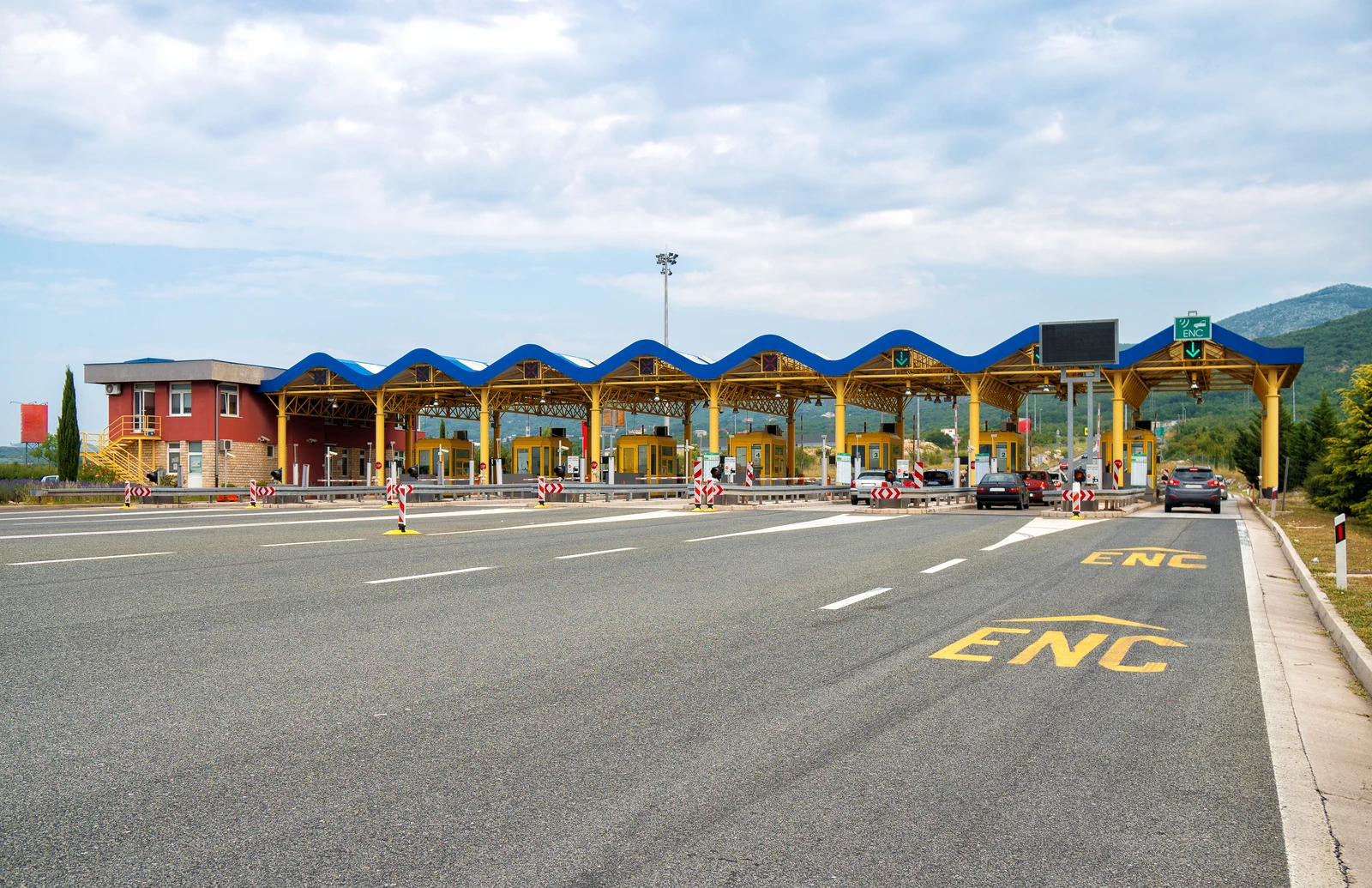
Tolls, environment sticker, refuelling
In Croatia, almost all motorways are toll roads. Tolls (cestarina) can be paid in euro, by credit card or with a toll badge. These toll badges (ENC) are available at toll stations. With the toll badge, you get approximately a 20% discount on the toll rates and do not have to wait when it is busy. On the motorway near Zagreb and the A7 between Rijeka and Krk, you pay no toll. You can calculate tolls here: https://www.putovnica.net/en/transport/tolls. From Umag to Pula in Istria (approx. 75 km) you will pay approx. €6.70 a passenger car.
There are no environmental zones in Croatia (yet). So you do not need an environmental sticker.
The speed limit on motorways is 130 km/h, and 100 km/h on trunk roads. Outside built-up areas, it is 90 km/h and inside a built-up area 50 km/h.
The police can impose a fine in case of a traffic violation, but you are not obliged to pay it on the spot. You must pay it within eight days.
It is compulsory to have a warning triangle, a safety vest and a first-aid kit in your car. Depending on the type of lights or tyres on your car, you should also carry spare lamps and a spare wheel. If you are travelling with a trailer or caravan, you should carry mandatory two warning triangles.
In the mountains, ascending traffic has priority over descending traffic.
Find more info on traffic rules: https://www.frankaboutcroatia.com/driving-in-croatia/
The fastest route is by motorway (toll) via Germany - Austria - Slovenia. So don't forget to buy vignettes (in advance). For Austria, these vignettes are available at Austria's motorway border crossings. All motorways and motorways in Slovenia are toll roads. An e-vignette is available in Slovenia at toll stations, petrol stations, supermarkets and kiosks. Outside Slovenia in the border region at large petrol stations and the shops of the ÖAMTC in Austria. For outlets, see: evinjeta.dars.si/en/how-buy.
In 2024, Black Saturday in Europe will be on July 20 and 27 and August 3 and 10.
The weekends before and after are also very busy towards the south, especially around Munich and the tunnels.
There are about 700 charging points in Croatia and the network is not yet covered. Driving an electric car in Croatia requires some advanced planning.
Petrol stations along (toll) motorways and large cities are often open day and night. Other petrol stations are usually open at least from 07:00-20:00 (longer in summer). Euro 95 E5 (Eurosuper 95, Bez Dovni Benzin, bezolovni benzin) is readily available. Bezolovni means lead-free.
In a country with more than a thousand islands, ferries are an important form of public transport. The main provider of ferry routes is the Croatian company Jadrolinija. They offer around 40 routes from the mainland to the Croatian islands and to Italy.
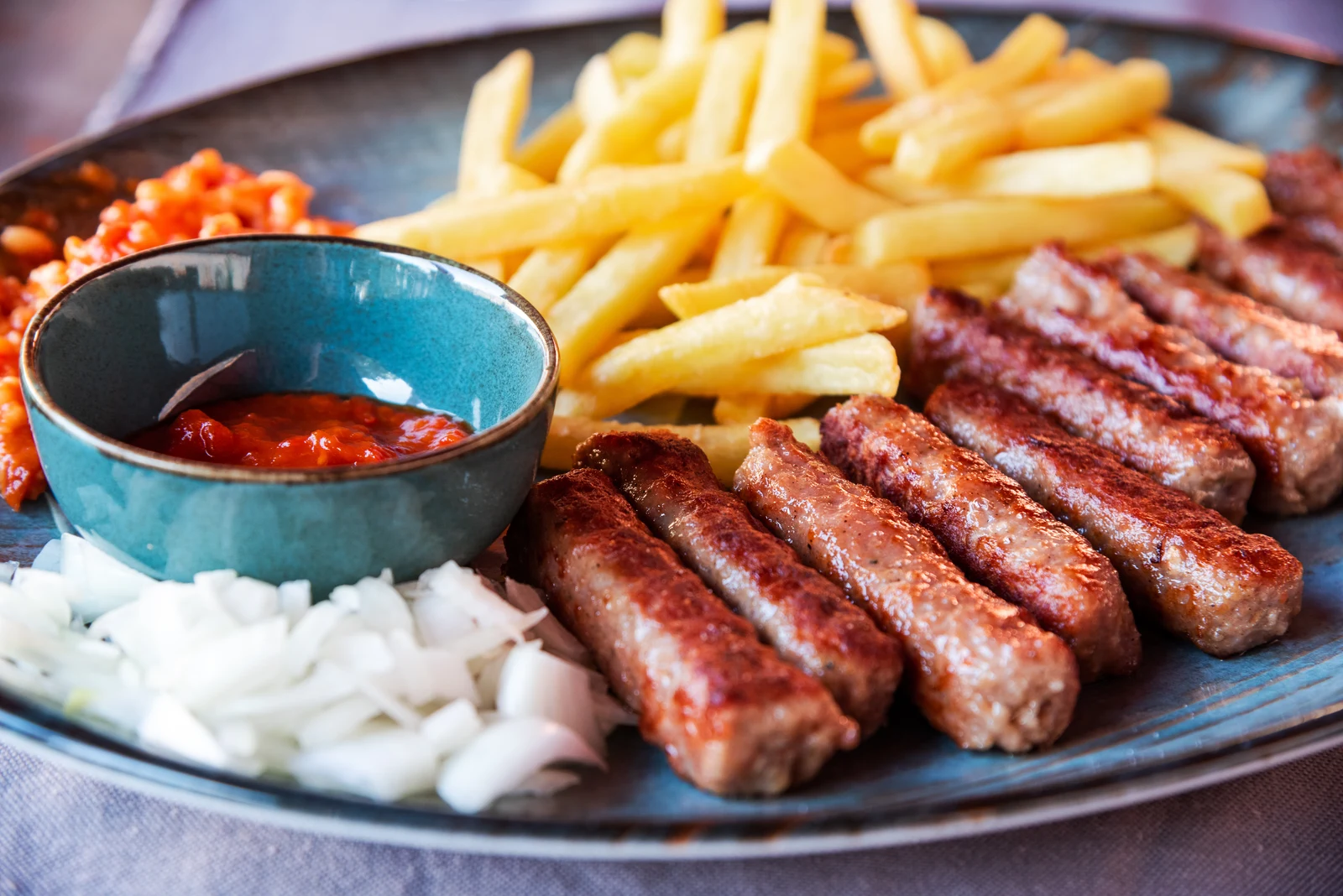
Groceries & Dining out
Tap water in Croatia is safe to drink, but if you prefer bottled water, it is available everywhere.
Lunch is the most important meal, and it is consumed between 10 am and 3 pm. Restaurants generally serve lunch between 12:00 and 14:00. Lunch consists of several courses. Dinner usually consists of a light, simple meal. In big cities and in summer, it is normal for dinner to be served until 11.30 pm. If you eat out at the campsite, you can often go early. Eating out is cheaper than in Ireland. You can have a simple 3-course menu for around €20.
You can eat out in Croatia in a restoran, a gostionica or konoba, in a pizzeria or in a bistro. The simplest is the bistros and pizzerias, where you can go for a cheap, nutritious, and usually fine meal. Gostionica and konobas are simple taverns serving mostly local dishes. Restorans are the most upmarket eateries and prices are also the highest here.
Service charges are usually included in the price. For bread, however, you often must pay separately. However, it is customary to tip in bars and restaurants, hotels, and taxis, and to guides of guided excursions. The average net wage in Croatia is around EUR 800, while the price level of e.g. groceries is not much lower than in Ireland.
Italian and Greek influences are noticeable in the areas along the coast. Istria is very Italian-oriented, so pizza and pasta are readily available. In Dalmatia, you will find more fish. Meat is an important part of Croatian cuisine, think smoked pršut ham or cevapcici sausages. The further inland, the greater the influence of Hungarian cuisine.
Well-known supermarkets include Konzum, Plodine, Mercator, and Kaufland, but you will also find Lidl and Spar in Croatia. Prices are generally about the same as in Ireland. Supermarkets are usually open from 07:00 to 22:00. Croatia's markets often sell cheese, sausages, bread, and drinks in addition to fruit and vegetables.
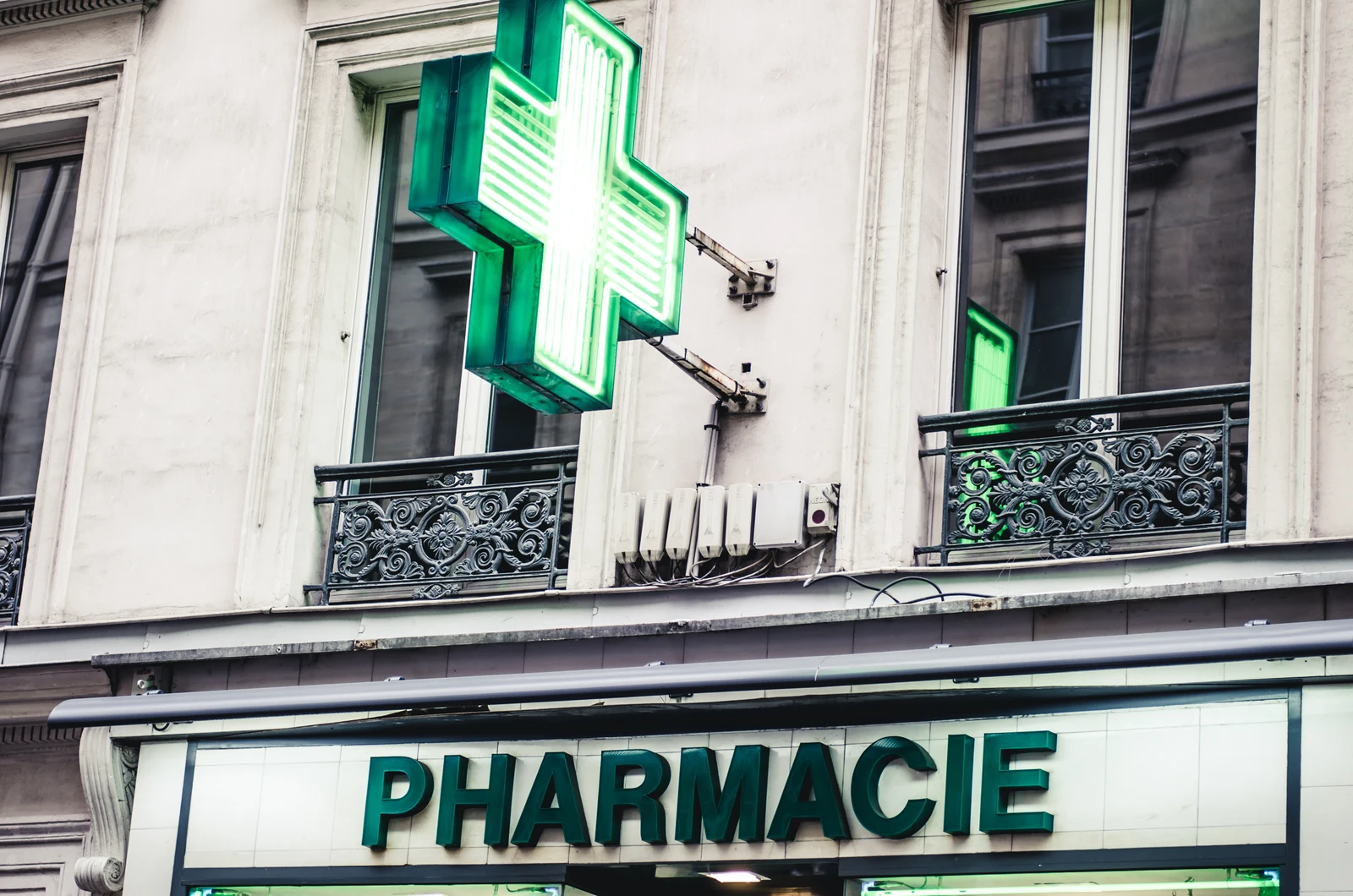
Worry-free holidays
Croatian healthcare is of good quality. Medical care is guaranteed for everyone and is provided in hospitals and clinics in larger towns. For minor ailments, you can seek advice from chemists. However, the language barrier can cause problems here. Make sure you take the necessary medicines in sufficient quantities. You will recognise these by the green cross.
The European Health Insurance Card (EHIC) entitles you to necessary medical care in case of illness or accident during a temporary stay in Croatia. It is then not necessary to advance healthcare costs yourself. You can find the personal EHIC on the back of your health insurance card or in their app.
In case of hospitalisation or when medical-specialist care is required, it is best to contact your insurance company directly.
Travelers are not required to show a COVID-19 vaccine certificate, proof of a negative test, or a certificate of recovery to enter Croatia.
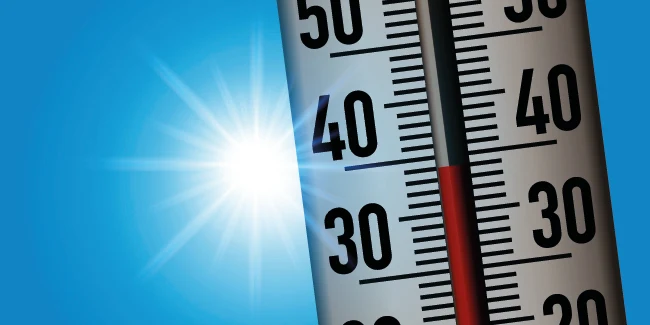
Weather in Croatia
Croatia is a large country with large geographical differences. As a result, there are diverse climates. The coast of Croatia has a Mediterranean climate, but inland there is a temperate continental climate.
- The coastal areas of Croatia are influenced by the Adriatic Sea and here there is a Mediterranean climate with hot, dry summers.
- Further inland is the Dinaric Alps, where temperatures are lower throughout the year.
- Even further inland, behind the mountains, there is a temperate continental climate, with reasonably warm summers.
- For sun holidays, the summer months along the Croatian coast are ideal. Temperatures are pleasant with average maximum temperatures around 28°, the sun shines a lot and there is little rain.
Besides the well-known apps for weather and climate (Weather Forecast, Daily Weather), DHMZ provides extensive weather info (in English).
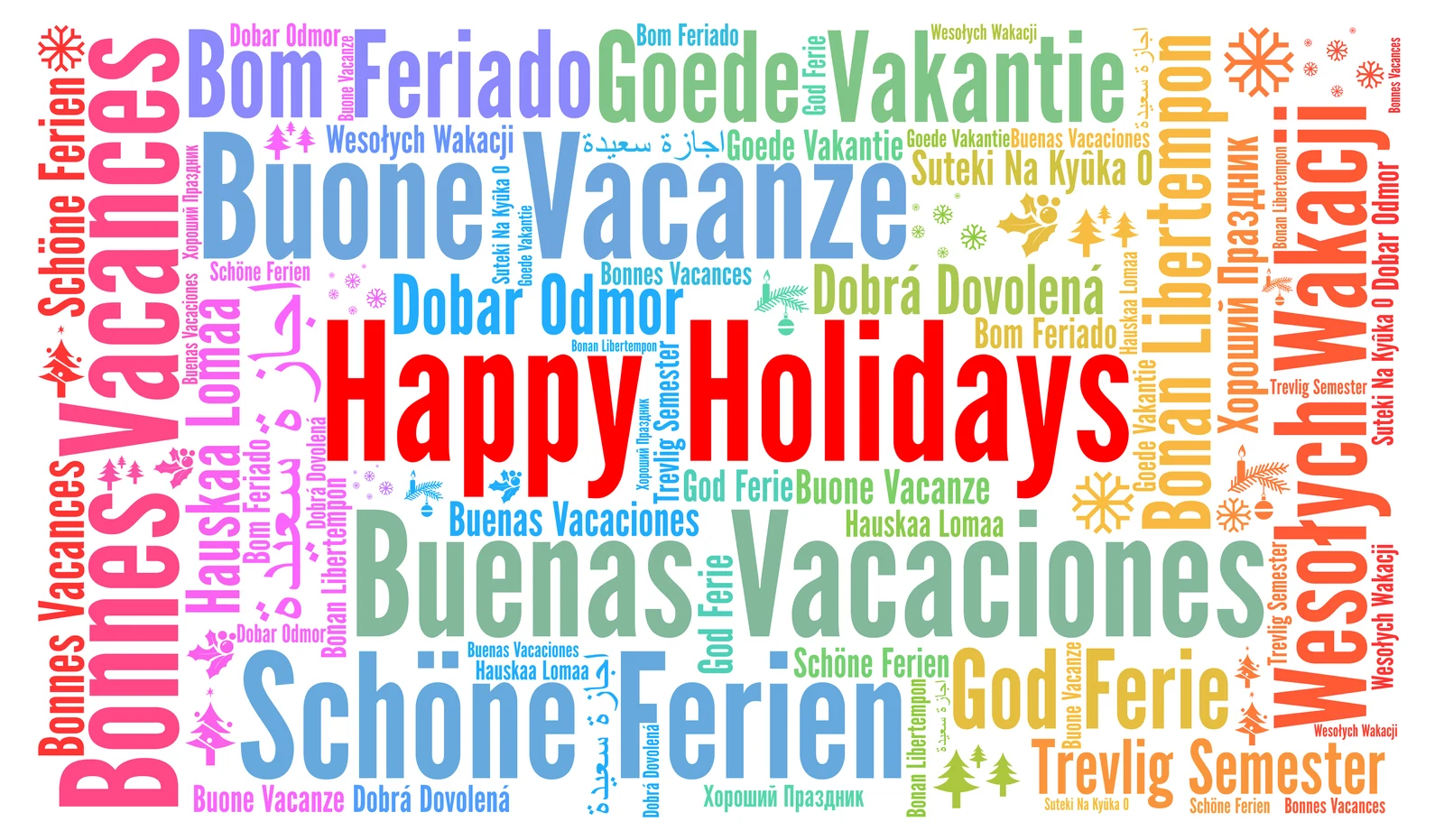
Dobar odmor!
Google translate will of course get you a long way, but it is also nice to know some phrases. We will help you get started:
| Yes/No | Da/Ne |
| OK | U redu |
| Hello | Zdravo, bog |
| Good day | Dobar dan |
| Good evening | Dobro večer |
| Goodbye | Doviđena - zbogom |
| Please | Molim |
| Thank you | Hvala |
| I don't understand | Ja ne razumijem |
| I don't speak Croatian | Ne govorim Hrvatski |
| Does anyone speak English? | Govori li netko Engleski? |
| Pleasure to meet you | Drago mi je |
| You owe nothing | Nema na čemu |
| Pardon me | Oprostite |
| How are you? | Kako si ? |
| Good, thanks! | Dobro, hvala ! |
| And you? | A ti/a vi ? |
| Excuse me | Izvinite |
| Akkoord | Dobro |
| Where is ... ? | Gdje ... ? |
| I'm lost | Ja sam zalutao |
| Left | Lijevo |
| Right | Desno |
| Straight ahead | Ravno |
| What time is it? | Koliko je sati ? |
| How much does it cost? | Koliko to košta ? |
| What is your name? | Kako se zoves/zovete ? |
| My name is | Zovem se … |
| Enjoy | Puno radost |
| The menu card, please | Molim vas jelovnik |
| I'll take... (chicken) | Ja ću... (kokoš) |
| Bon appetit | Dobar tek |
| May I have the bill? | Mogu li dobiti račun ? |
| Starters | Predjela |
| Side dishes | Dodatci jelima |
| Main courses | Glana jela |
| Dessert | Dezert |
In Croatia, as in Ireland, you pay with the euro. This has been the legal tender since 1 January 2023. The price level is generally slightly lower than in Ireland. You can pay almost everywhere with your normal debit or credit card. There are more ATMs in Croatia than in Ireland. Please note that withdrawing money with a credit card is usually not free of charge.

Helpful information
- When going on holiday to Croatia, you must have a valid passport or identity card.
- In Croatia there are two associated plug types, types C and F. Plug type C is the plug which has two round pins and plug type F is the plug which has two round pins with two earth clips on the side. Croatia operates on a 230V supply voltage and 50Hz. If you forget to bring an adapter, you can buy a new one in most shops carrying electronic or IT equipment, while in tourist destinations they are often available in well-stocked newsstands.
- Important public holidays in Croatia
Easter Monday | Uskrs | 1-Apr |
Labour Day | Praznik rada | 1-May |
Public holiday | Dan državnosti | 30-May |
Corpus Christi | Corpus Christi, Tijelovo | 8-Jun |
Anti-Fascist Sturggle Day | Dan antifašističke borbe | 22-Jun |
| Victory Day | 5-Aug | |
Assumption of Mary | Velika Gospa | 15-Aug |
All Saints Day | Svi sveti | 1-Nov |
- Croatia is a dog-friendly country, but not all dogs are allowed. Pitbulls not listed in the register of the International Organisation of Dogidae (https://fci.be/en), or crossbreeds of pit bulls, are not allowed. You will need an EU pet passport for your dog or cat, available from your vet. Dogs and cats must be vaccinated against rabies (rabies) at least 21 days before traveling. The compulsory chip must be inserted before the anti-rabies vaccination (can be done on the same day). More information can be found here. As this vaccination may only be given from 12 weeks of age, puppies or kittens younger than 15 weeks may not be taken to Croatia. A leash obligation applies almost everywhere in Croatia.
- Ireland is 1 hour behind Croatia.
- Are you traveling alone with a minor child, for example, because you are divorced? Or are you taking a friend of your child with you? Then you must be able to prove that you have permission from the parent(s). This can be done with a permission statement.
- Put a contact's phone number in case of emergency as an ICE (In Case of Emergency) number in your phone.
Tip: Before departure, photograph your passport/ID, insurance card, bank card, emergency numbers, and other important items. Mail or app them to yourself or other travel companions, so you can still have important details to hand in case of loss or theft.
10 Tourist Attractions of Croatia
Plitvice lakes

Plitvice Lakes Entrance 2 Parking
D1 23, 53231, Jezerce
Dalmatia
Website: https://np-plitvicka-jezera.hr/en/
https://goo.gl/maps/J3TkziiRWqcByMNEA
Krka National Park

Lozovac, Croatia
Dalmatia
https://www.npkrka.hr/en_US/
https://goo.gl/maps/sUkuVH1WD27jRCLA9
Pula

Forum 3, 52100, Pula
Istria
Website: http://pulainfo.hr/
https://goo.gl/maps/hhGt9aSxyhNcBZyg6
Aquapark Istralandia

Ul. Ronki 1, 52474, Nova Vas
Istria
Website: https://www.istralandia.hr/en/
https://www.istralandia.hr/en/
Zadar

Rovinj

Trg na mostu 2, 52210, Rovinj
Istria
Website: http://www.rovinj-tourism.com/
https://goo.gl/maps/sr7REt2bgp2WjeaT8
Trogir

Trg Ivana Pavla II 1, 21220, Trogir
Dalmatia
Website: http://www.visittrogir.hr/
https://goo.gl/maps/5G87q5SPhbhHfyqR6
Brijuni Islands

Brionska ul. 10, 52212, Fažana
Istria
Website: http://np-brijuni.hr/
https://goo.gl/maps/m8tBmDMo3BPtKoVz6
Dubrovnik

Brsalje ul. 5, 20000, Dubrovnik
Dubrovnik
Website: http://www.tzdubrovnik.hr/
https://goo.gl/maps/otp1Gsd34yuCHsda6
Brač - Zlatni Rat

Put Zlatnog Rata, 21420, Bol
Island Brač
Website: https://www.zlatniratbol.com/en/
https://goo.gl/maps/dxyKhEu98jiVtu7t9
Disclaimer: The information on this page has been carefully compiled. However, we do not accept any liability for incorrect or incomplete information. The links we use to other websites are for information purposes only. These websites are not maintained, checked, or approved by us. As a traveler, you are responsible for having the correct (border) documents for your holiday. We recommend that you check the latest info with the appropriate authorities just before your holiday.
